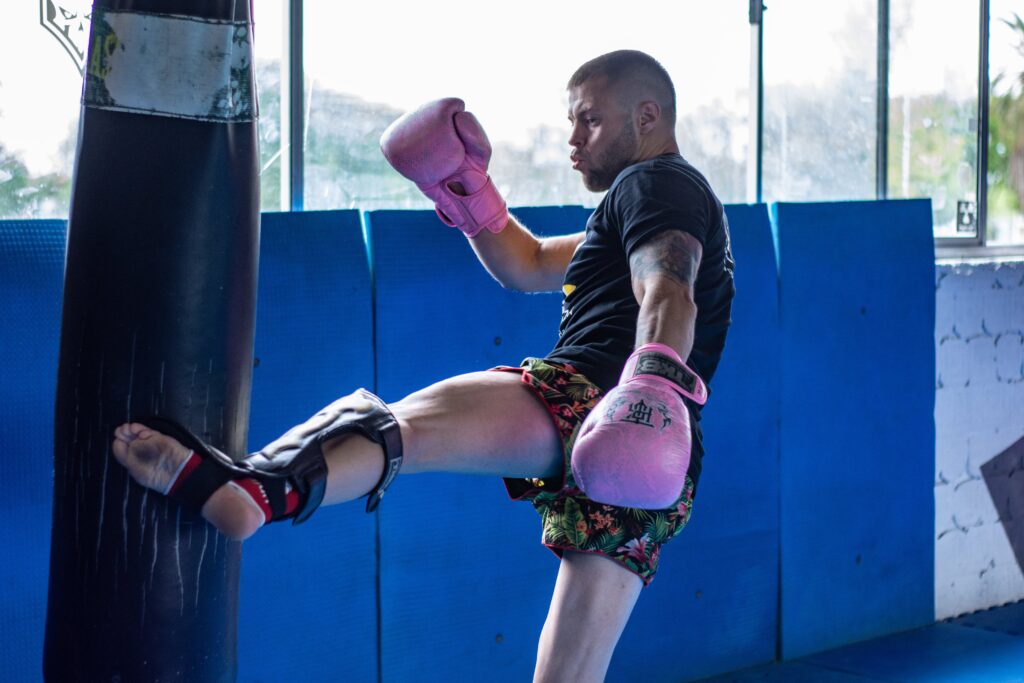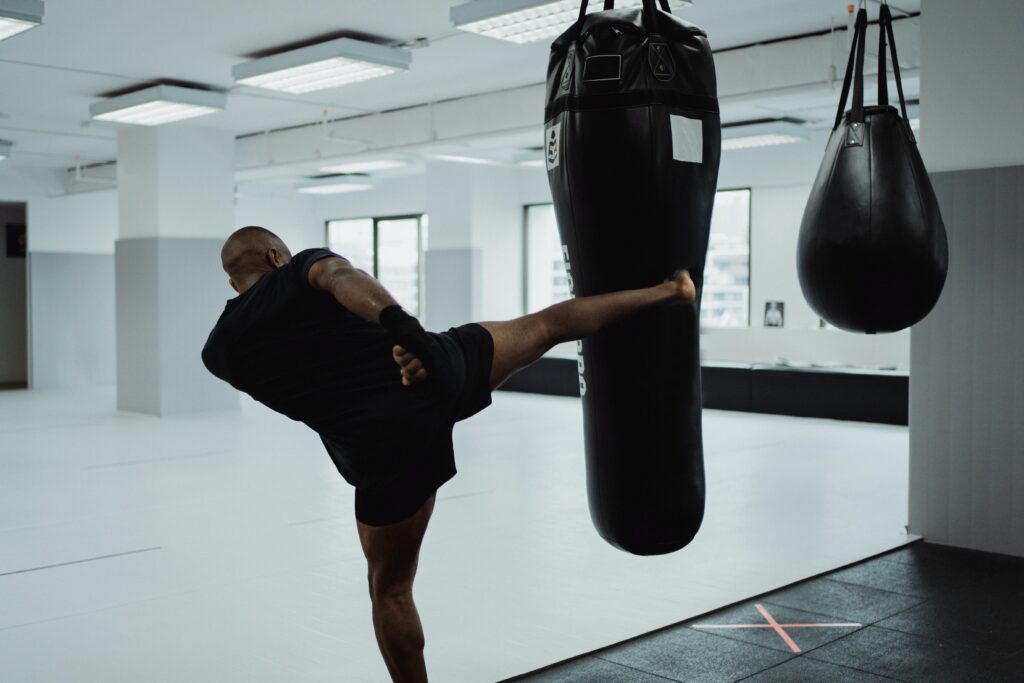Are Muay Thai Ropes Used in Muay Boran?
Yes, Muay Thai ropes, or Kard Chuek, are an integral part of Muay Boran, which translates to “ancient boxing.” Muay Boran represents Thai martial arts before standardized rules were introduced, and the use of these ropes is a distinctive feature of this traditional form.
Muay Thai ropes, known as Kard Chuek in Thai (คาดเชือก), are traditional hand wraps made from hemp.
These ropes were historically used in Muay Boran, the precursor to modern Muay Thai, as a form of hand protection before the introduction of gloves.
Are Muay Thai Ropes More Dangerous?
Unlike bare-knuckle boxing, where fighters must be cautious about the impact of punches, Muay Thai ropes, or Kard Chuek, provide substantial wrist support while delivering a hard, club-like wrap around the fist.
While offering protection to the hands, these ropes are designed to inflict more damage on the opponent, increasing the likelihood of cuts.
The narrowness of the ropes makes blocking punches challenging, sacrificing some defensive capabilities for enhanced offensive impact.
How to Tie Muay Thai Ropes?
Tying Muay Thai ropes involves wrapping them securely around the hands, providing support and protection.
The exact technique can vary, but it generally follows a pattern that ensures a tight and secure fit, reinforcing the wrists and knuckles.
How Much Do Muay Thai Ropes Cost?
The cost of Muay Thai ropes, or Kard Chuek, can vary depending on factors such as the material used, craftsmanship, and brand.
Traditional hemp ropes might be more affordable, while specialised or custom-made versions could be pricier.
Should I Train in Muay Thai Ropes Before a Kard Chuek Fight?
Training with Muay Thai ropes before a Kard Chuek fight is advisable for fighters aiming to compete in this traditional style. Familiarity with the unique characteristics of the ropes, including their impact on punching technique and defensive strategies, is crucial for optimal performance.
Why Are Muay Thai Ropes Uncommon Outside of Thailand?
Muay Thai ropes are less common outside of Thailand due to limited awareness and unfamiliarity with this traditional hand wrapping style.
Managing the use of Muay Thai ropes involves challenges with referees, coaches, and local commissions that may lack established guidelines. Consequently, most promoters outside of Thailand prefer bare-knuckle Muay Thai for simplicity and ease of regulation.
End of Kard Chuek
During the reign of King Rama VI (between 1910 to 1925), professional Muay Thai fights were regularly held around Bangkok.
The first permanent boxing “stadium” was founded at Suankularb (now Suankularb Wittayalai School), attracting fighters from the provinces.
In 1928, a fatal fight led to the Thai Ministry of Interior banning Muay Thai ropes, mandating the use of gloves, shaping the modernization of Muay Thai. Today, Kard Chuek competitions blend tradition and modernity, showcasing this unique aspect of Muay Thai heritage.


